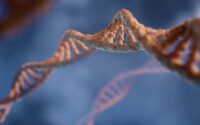Ask a Therapist: Dealing with Disclosure vs. Cultural Values
DEAR ASK A THERAPIST: How do you deal with cultural differences in disclosure to your children? My parents are immigrants from a culture that focuses on genetic lineage and have warned me against telling my […]








